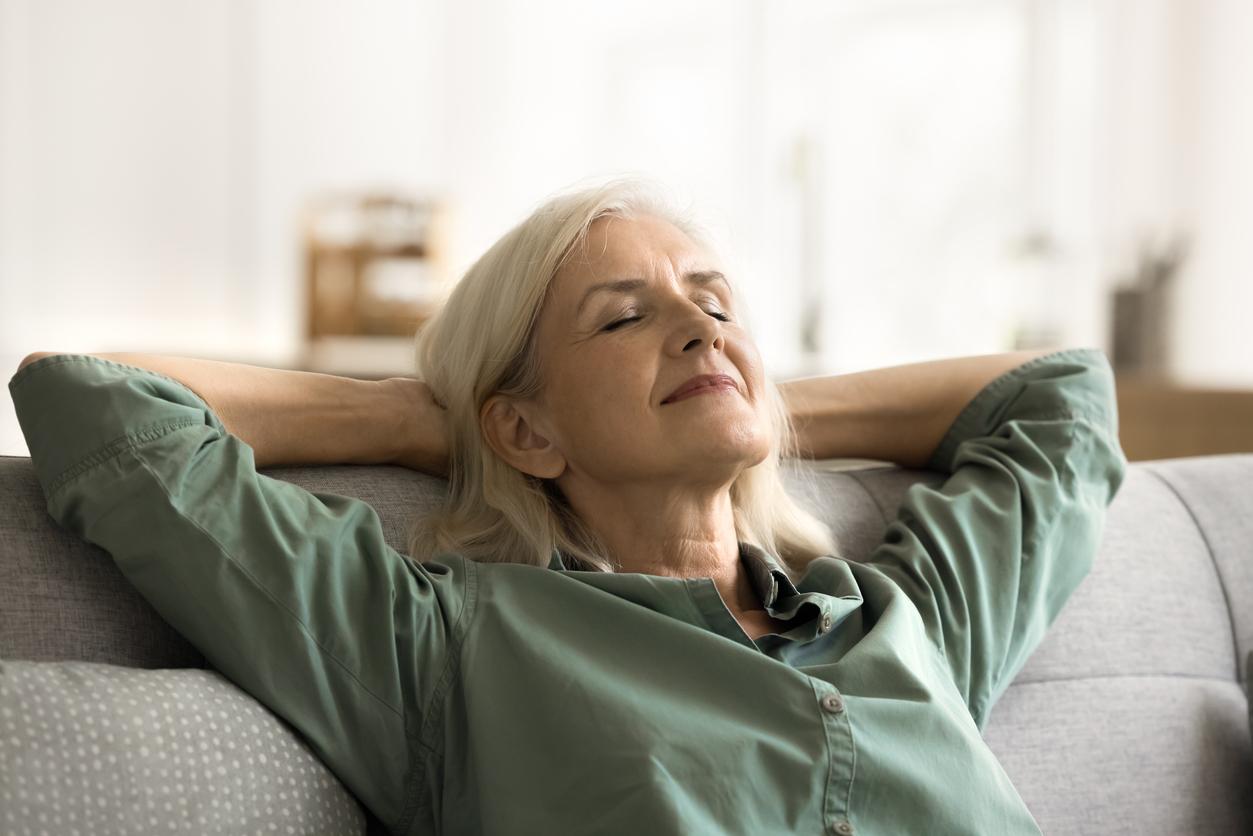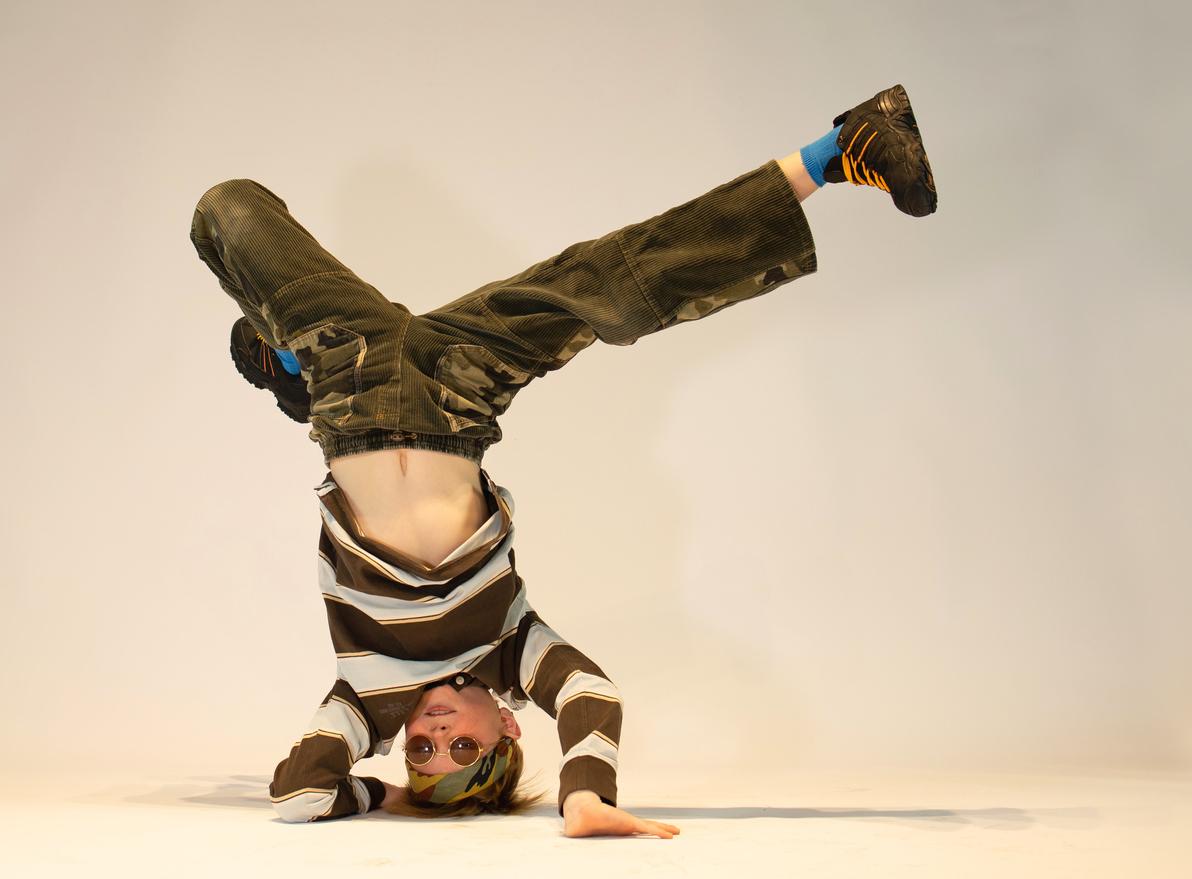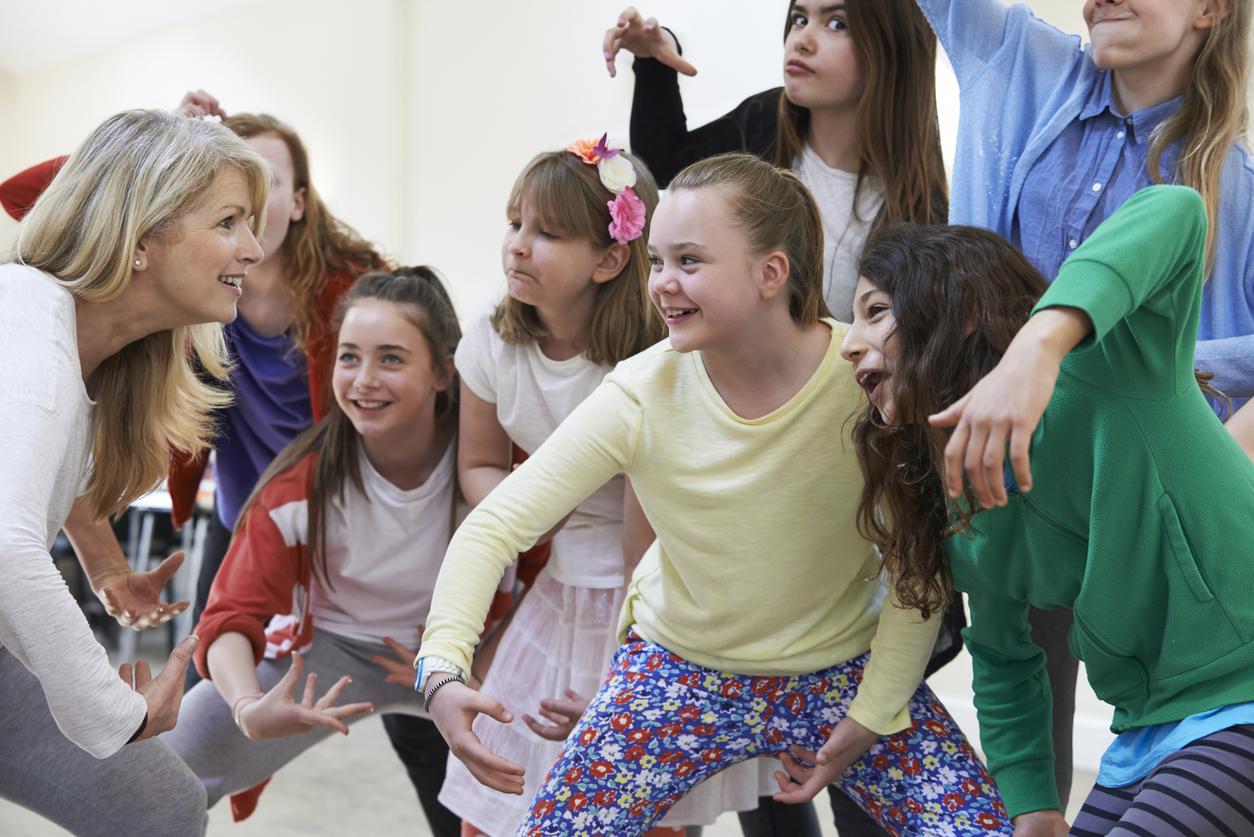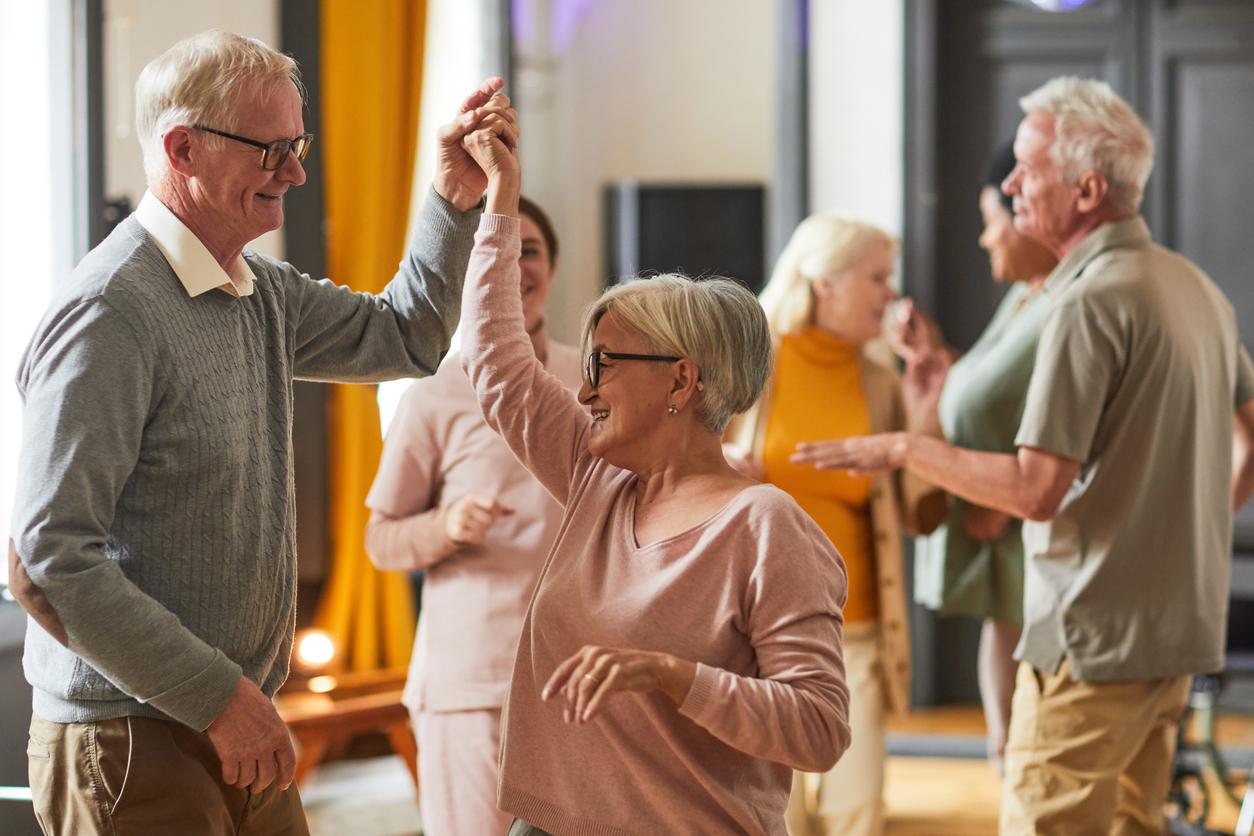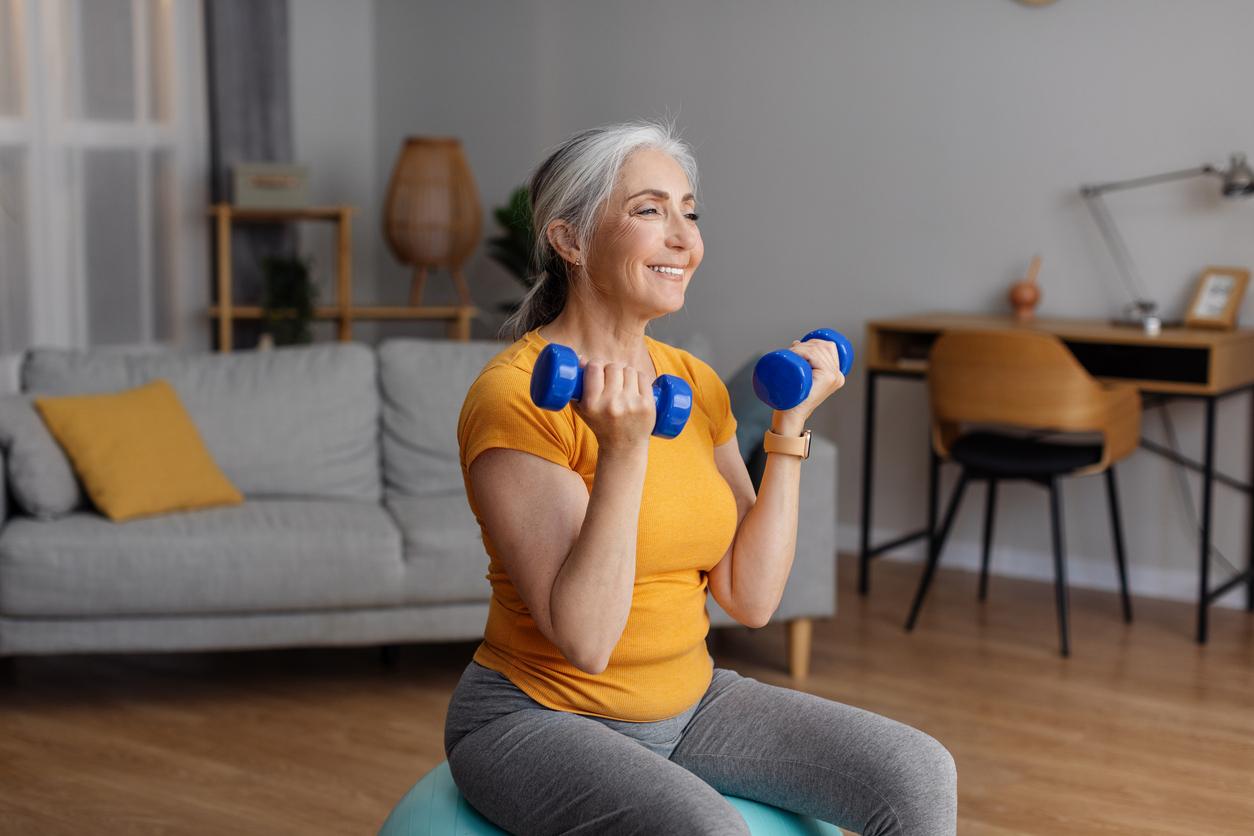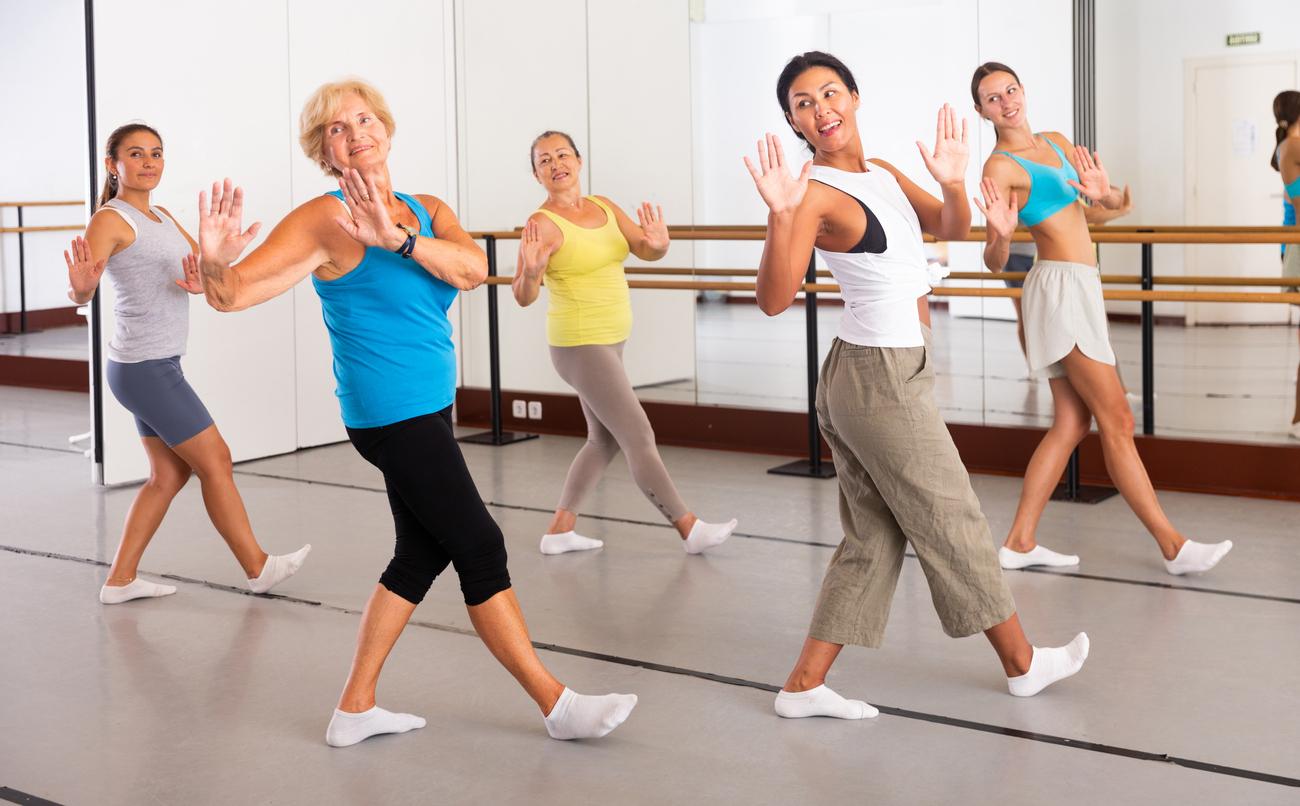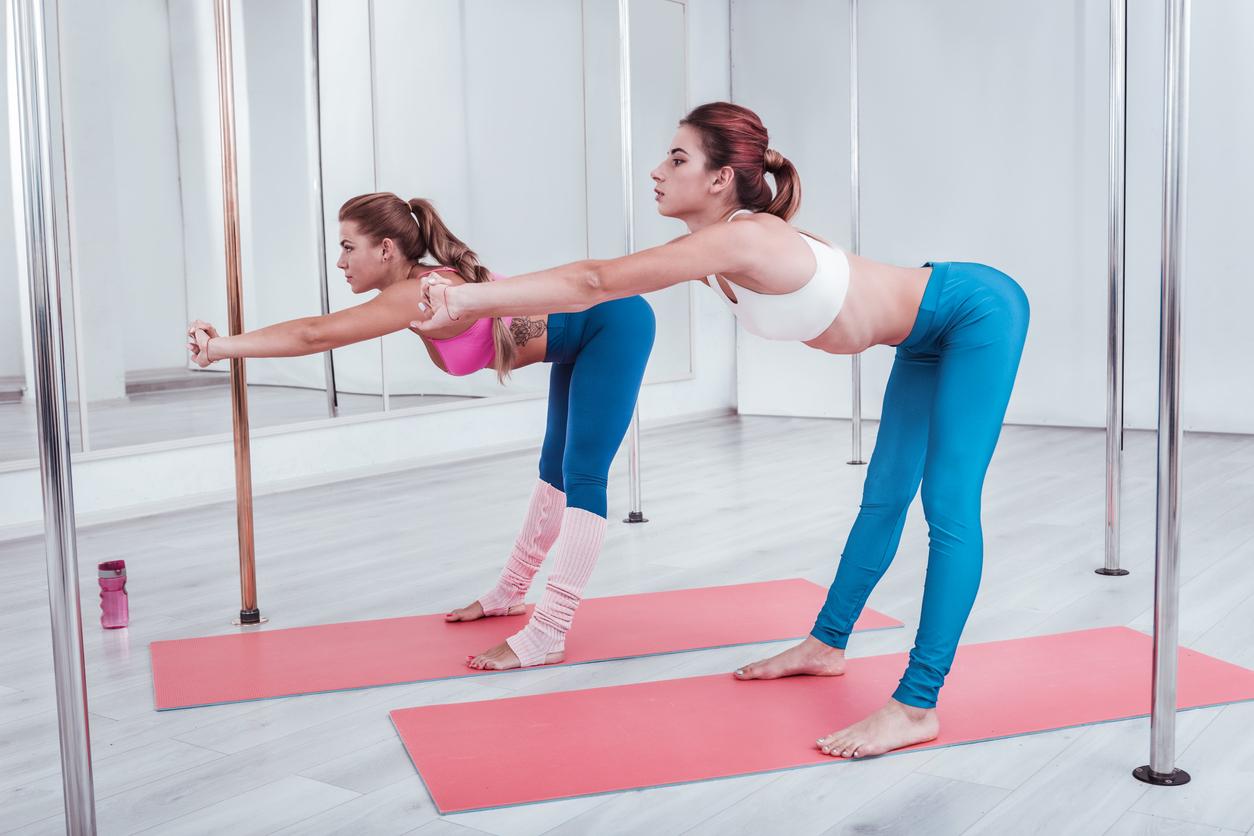Of many studies Recent studies have shown a link between physical exercise and improved cognitive performance in the elderly. This new study published in the medical journal Frontiers in Human Neuroscience, reveals that dance can have a deeper effect on cognitive health and also improve behavior.
Researchers from the Center for Neurodegenerative Diseases in Magdeburg (Germany) conducted an 18-month study with 26 volunteers, on average 68 years old, who they assigned either to a dance weekly, or physical activity based on endurance and flexibility.
The seniors had to learn a different dance every week, like jazz or Latin American dances. The volunteers had to memorize the steps, the placement of the arms and remember the choreographies.
Effects on the brain more marked with dance
Both groups showed an increase in the hippocampus region of the brain. This change is important because this area may be subject to age-related decline and is affected by diseases such as Alzheimer’s disease. It also plays a key role in the memory and learning. On the other hand, only the participants of the dance group saw their balance and synchronization improve.
“Exercise has a beneficial effect in slowing or even countering age-related decline in physical and mental capacity,” said Dr. Kathrin Rehfeld, lead author of the study. “In this study we show that two types of physical exercise (dance and endurance) increase the surface area of the brain which decreases with age. In comparison, only dance allowed noticeable changes in behavior in terms of balance “.
“I think that dance is a powerful tool for meeting new challenges for body and mind, especially in old age. “
Read also:
Alzheimer’s disease: why we can die from it
Alzheimer’s: a quiz to test your knowledge of the disease
Alzheimer’s disease: symptoms loved ones should be aware of








